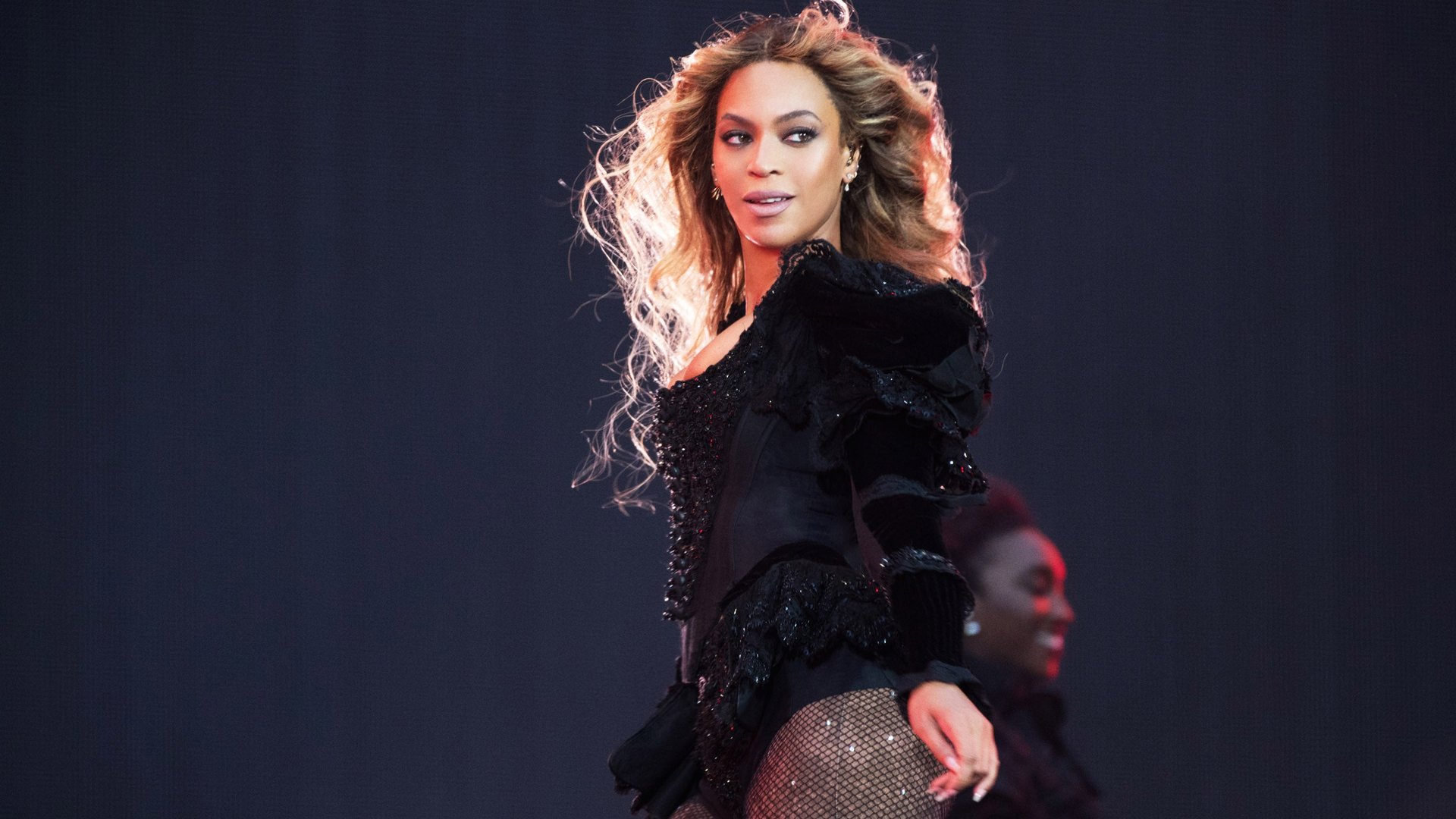The age of self-acceptance is making us all a little delusional
Today’s feminist role models are all about self-acceptance. One of the reasons I love Ilana Glazer’s character on the TV comedy Broad City is that she embraces her pot habit and workplace slacker tendencies unconditionally. Beyonce’s fierce commitment to loving herself is so powerful it could trip a Richter scale. Danielle Brooks, who plays Taystee on Orange Is the New Black, recently penned a moving Glamour essay about her lifelong struggle to accept her body. And Caitlin Jenner’s reveal about her gender transition was motivated in part by a desire to inspire self-acceptance in others.


Today’s feminist role models are all about self-acceptance. One of the reasons I love Ilana Glazer’s character on the TV comedy Broad City is that she embraces her pot habit and workplace slacker tendencies unconditionally. Beyonce’s fierce commitment to loving herself is so powerful it could trip a Richter scale. Danielle Brooks, who plays Taystee on Orange Is the New Black, recently penned a moving Glamour essay about her lifelong struggle to accept her body. And Caitlin Jenner’s reveal about her gender transition was motivated in part by a desire to inspire self-acceptance in others.
It’s all a far cry from the self-improvement mania of the 1990s and early aughts. Even Bridget Jones, once the lovable stand-in for all women buckling under the pressure to lose weight, ooze poise, hold down a high-powered career, stop growing body hair, and land an engagement ring, is now being scolded by critics for her “cluelessly retro” mindset. Instead of chasing men, Slate’s Dana Stevens argues in a review of the new film Bridget Jones’s Baby, Bridget should “try giving life with Ms. Self a shot” and “just focus on herself for a while.”
There are plenty of reasons to celebrate the self-acceptance trend. For one thing, it means that women are less likely to beat themselves up for the crime of being human, instead openly discussing the reality of their cluttered apartments, cellulite, sexual habits, and credit-card debt. It’s also a specific response to a toxic culture that, for political and commercial ends, heaps shame on women like the cafeteria lady doling out mashed potatoes. So I realize how curmudgeonly I may sound when I say that I’m not buying into it.
Self-acceptance isn’t a new concept. In fact, the issue lay at the heart of a key debate in ancient Greece over whether happiness arose from hedonistic pleasure or from living a virtuous life. That question, distilled, is: Should we indulge our impulses and satisfy our desires, or attempt to hold ourselves to a higher ethical standard, considering first and foremost how our actions will affect everyone else?
Christianity’s answer, throughout its centuries-long dominance in Europe, was a firm vote for the latter option: repent now or burn forever. But hundreds of years later in the 20th century, self-acceptance emerged as an important tenet of humanistic psychology. Today it has been popularized by therapists and thought leaders alike, from Oprah to my yoga teacher.
I can see that the War on Flaws is mostly a losing battle, and that accepting yourself as-is can mean saving a lot of time and money. I covet Oprah’s air of wisdom and my yoga teacher’s carefully maintained serenity.
But the truth is that I don’t accept myself, and I can’t really imagine doing so.
Perhaps you won’t be surprised to hear that I was raised Catholic. Between my religious conditioning and my own nature, I’ve got a permanently guilty conscience. (Once, I tried to order a book about self-forgiveness, but I was too angry at myself to think I deserved to buy it.) I don’t practice Catholicism now, as an adult, but the church’s worldview clings to me. It’s like an old-timey diving suit I can’t quite peel off.
But my objection to self-acceptance also grows out of a realistic assessment of my personality. I’m a mixed bag at best. I want to be kinder, less self-obsessed, more generous. I want to be the sort of person who shakes off a mean comment instead of spending the whole morning brooding about it and cooking up the perfect retort. So while I have no choice but to accept my past selves, and I aspire to accept my future selves, I do not accept my current one. More than anything, I object to mandatory self-acceptance because I value self-doubt as a hedge against delusion. Keeping a critical eye on myself and my actions encourages me to improve, however slowly.
The dictum that I must accept myself can also feel like the psychic equivalent of being told to smile. While the self-acceptance movement is certainly well-intentioned, it suggests that there’s something wrong with women who are naturally prone to critical introspection—which can, ironically, only end up making them feel worse.
All this said, I understand that self-acceptance and self-improvement aren’t always mutually exclusive. And I very much want to see a more inclusive, tolerant, and egalitarian world in which women’s regard for themselves has nothing to do with the numbers on a scale, the size of their “squad,” or whether their every possession sparks joy. I just don’t want women to get loaded down, yet again with the burden of achieving some elusive measure of success.
And as for me, I want to try to become a better version of myself and put my inborn restlessness to good use. If that means sometimes being critical of myself and my choices, so be it. Better to succeed on my own terms than to fail on someone else’s.